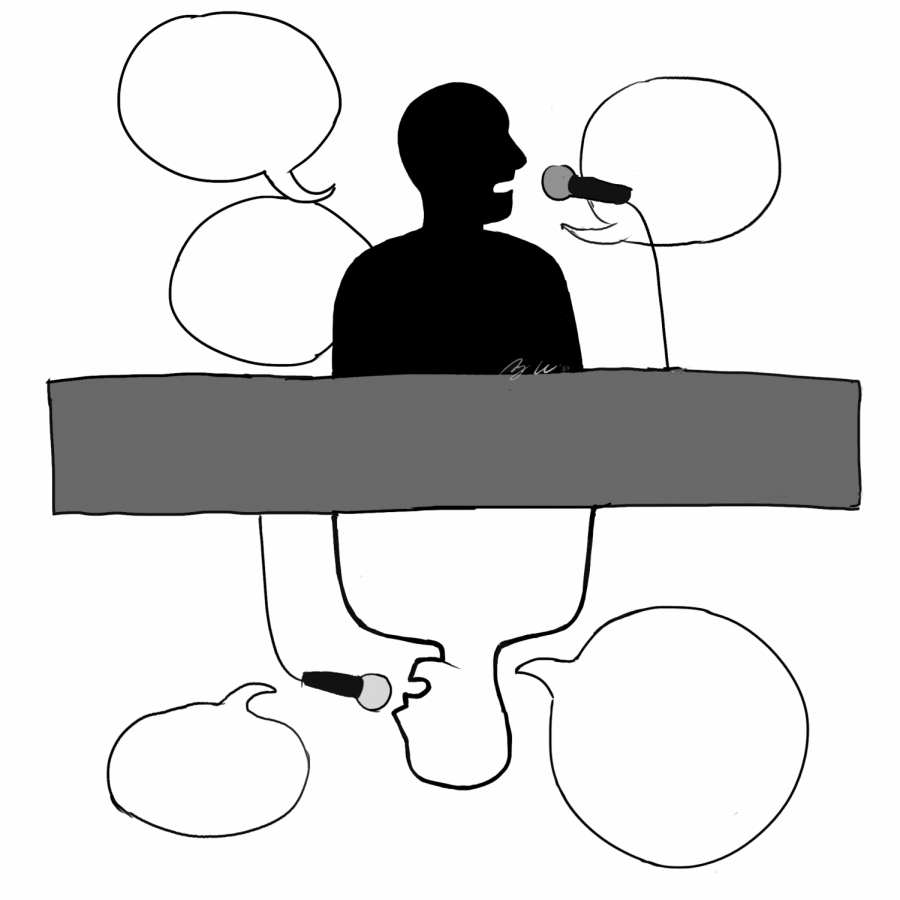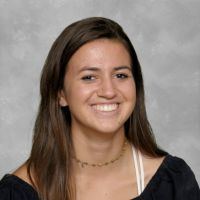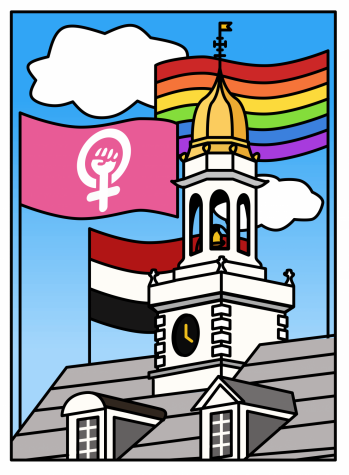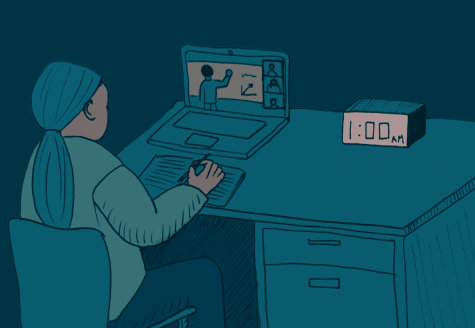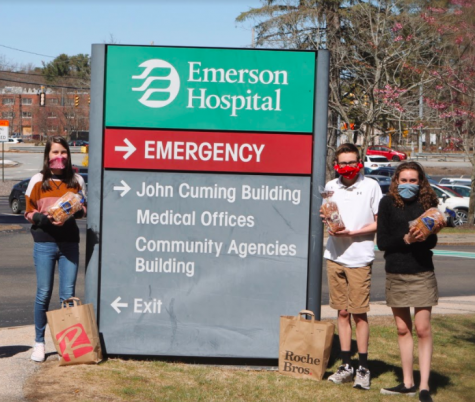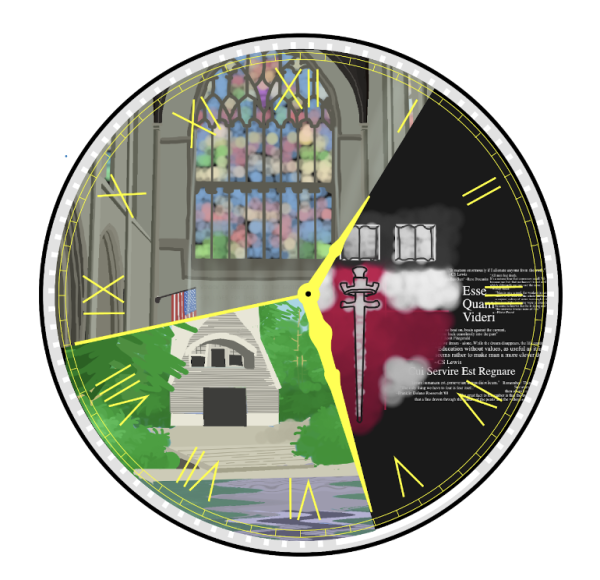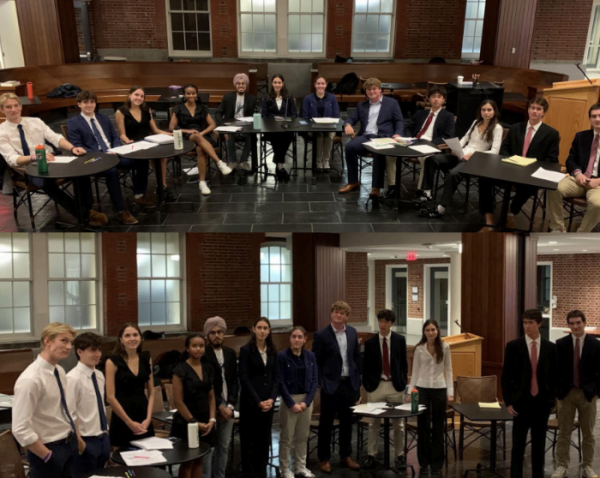Two For the Price of One: Shared Chapel Talks
For at least the past 40 years, the Groton community has traditionally met in the chapel before classes to listen to a speaker. The format and community’s expectations of these chapel talks have changed significantly over time, however. Retired headmaster William Polk explained to current chaplain Reverend Christopher Whiteman that chapel was rigidly programmed during his time at Groton, associating each day of the week with a speaker from a specific group, recounted Reverend Whiteman. Mondays were for the headmaster or chaplain, Tuesdays were for a student or guest, Thursdays were reserved for faculty members, and Fridays for a musical performance. However, a shift occurred from this model sometime between 2003 and today, Rev. Whiteman estimated, that put a greater emphasis on student contributions. The result has been the student body’s current expectation that chapel talks are a space for seniors to share their experiences with the school.
Today many students would argue, and in fact one did in a previous issue of the Circle Voice, that one of a Groton student’s most memorable moments during their time on the Circle is giving their chapel talk, and therefore all students should be offered an opportunity. This topic was brought up last year when Rev. Whiteman was unable to accommodate every sixth former requesting the chance to speak. Thus, he proposed a solution that both appeases some and disappoints others: shared chapel talks.
There are 94 students in the Form of 2019, but only 61 chapel talk dates available. Assuming that everyone in the form wanted to deliver a talk, 35 percent would have been unable to do so. Rev. Whiteman thus decided to introduce a compromise. 24 of the 61 dates are open to two talks–– giving 85 students the opportunity to speak, all the while ensuring that most days only have one speaker. Any two talks on the same day will be normal length with separate readings, though they will share a postlude. Not only will chapel itself be different, but the rest of the morning might have to shift slightly on double talk days. “Roll call may be shortened or eliminated if we run out of time,” Rev. Whiteman commented.
Some students view the change positively because the additional slots allow more students to speak. Afran Ali ’20 commented that last year “it was unfair that some kids did not get to give chapel talks even though they wanted to.” The new format also allows students to speak with a friend if they so choose. Taking advantage of this, twins Lucy and Owen Gund ’19 decided to give their talk on the same day. Lucy explained, “We thought that we would be able to do something creative and fun using stories from growing up. Since our form was so large, giving a double talk would give us a better chance of getting a spot.”
However, not all students are thrilled with the change. In fact, most sixth formers opted for a single chapel talk date when signing up to give one. Furthermore, some audience members are concerned that two completely unrelated talks in the same morning may be too confusing. Kate Clark ’21 said, “Having people share days limits both talks in length and topic.” Rev. Whiteman noted, “Whether the Chapel Talks are related or separate will be up to the speakers that day.”
Other students are concerned that two speeches given on the same day will take away from the experience of chapel. Students in the audience are used to chapel being solely focused on one student and what they have to say. Having two students with unique talks speaking on the same day could drastically change that, potentially leaving the audience unable to connect with each student separately. Maddie Culcasi ’20 worried that “the rapid switch from one student to another could leave the audience unable to really think about one individual talk.”
While many are doubtful about the change, Rev. Whiteman encourages everybody to keep an open mind. He admitted, “I am not sure if this is the best alternative to having students not being able to give talks, but I think that it is important that we try different things and discover together what will work best.”


